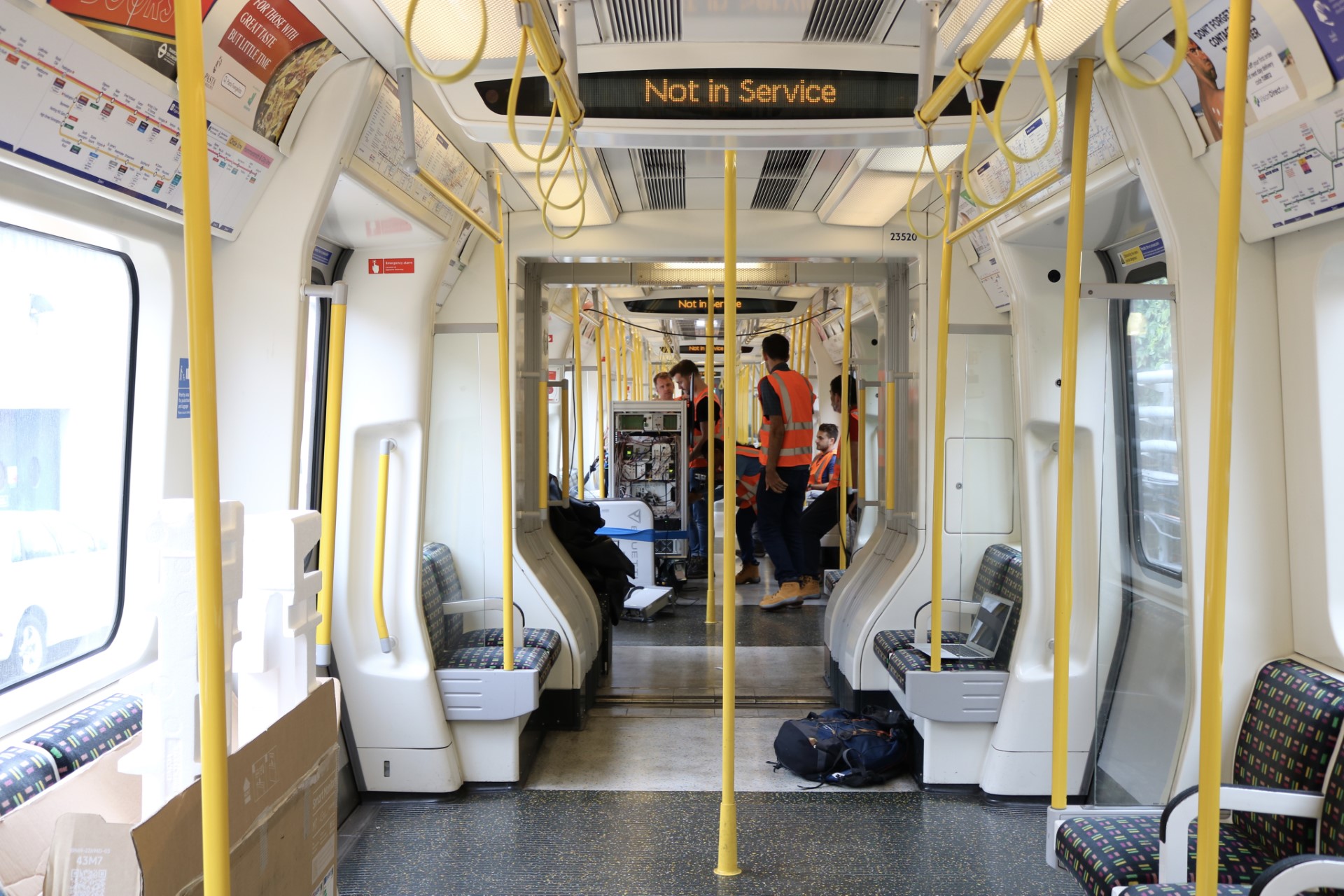Our transportable systems are being developed towards practical use in random environments outside the lab. They are designed to cope with varying temperature, magnetic field and vibrations, enabling them to work on real moving platforms like boats or trains. We aim at high robustness, reduced size as well as performance close to our lab-based systems.
Transportable Systems
Quantum Navigation System

UK's first quantum accelerometer for navigation.
Centre for Cold Matter quantum enhanced inertial sensors for future navigation applications. First sea trials undertaken together with the Royal Navy on the research vessel XV Patrick Blackett.
Imperial College London are developing quantum sensors for real world applications. Our accelerometer uses quantum interference of matter waves to measure horizontal accelerations with no bias and ultra-high accuracy. The purpose of this is to navigate
ships and submarines, and perhaps other vehicles in the future.
Today the world relies on the global navigation satellite system (GNSS). However, GNSS is susceptible to denial, jamming and imitation with an economic impact to the UK of £5.2 billion for a five-day disruption[1]. Quantum sensors, including our accelerometer, offer a new way to achieve accurate navigation without the need to send communications back and forth to satellites.